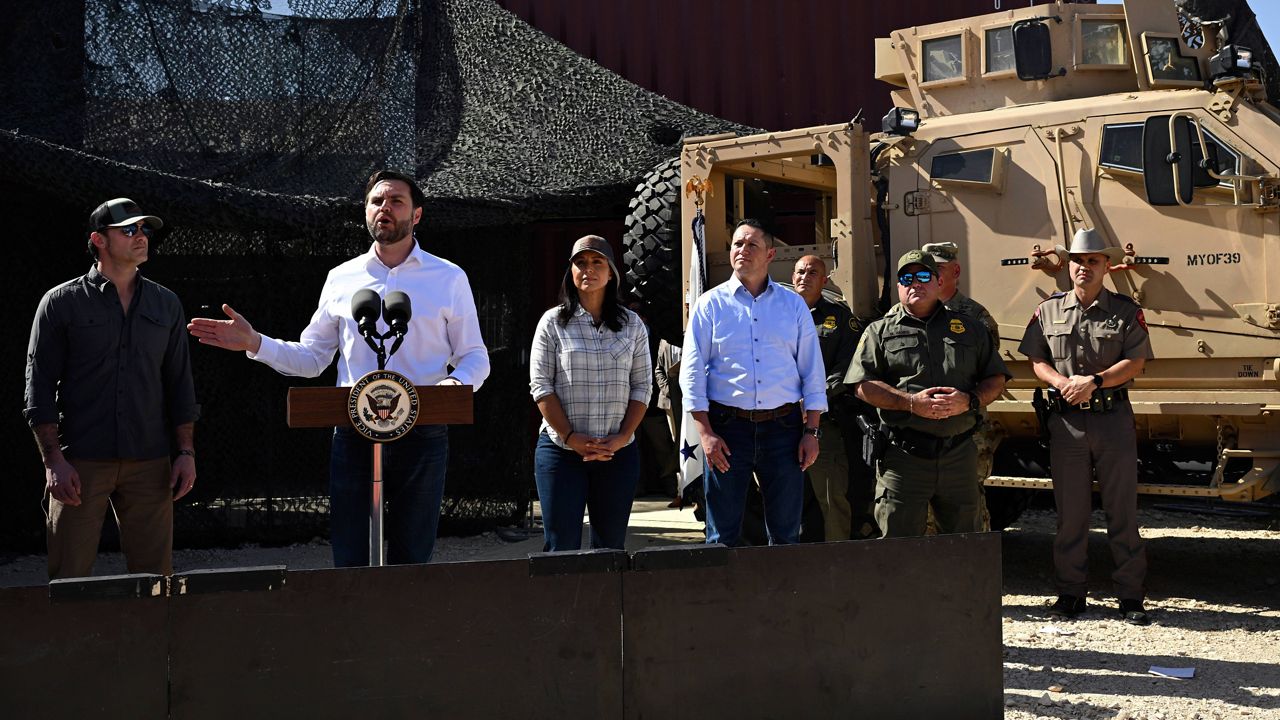CHINO, Calif. — For the past couple of years, school board meetings across the country and in California have become the center of heated debates over so-called parental notification policies.
School boards across California, from Shasta County to San Diego, implemented almost identical policies mandating parental notification when students used different pronouns.
Parents such as Daisy Gardner, whose children are in the Los Angeles Unified School District, believe “forced outings” is a more accurate description of the policy.
“Teachers don’t want to get involved in a very difficult family matter. And you’re placing them in this untenable position where they have to forcibly out a kid, whether or not they think that’s going to be best for the child,” Gardner said.
As the parent of a child in the LGBTQ+ community, she got involved after witnessing contentious protests against the use of a book that mentioned same-sex families in school.
“My first reaction as a parent was, ‘Wow, this language is so charged.’ It has scared so many people and made them angry and made them rageful that it is not safe for my kid to exist at school in an environment like this or any other LGBTQ+ kid in California. The state needs to do something to protect the civil rights and the safety of these children,” Gardner said.
According to the Centers for Disease Control, trans youth are more likely to be bullied and suffer from anxiety and depression.
It’s why she helped push for what became AB1955 or the Support Academic Futures and Educators for Today’s Youth Act, dubbed the SAFETY Act.
The California legislature passed the law earlier this year, banning parental notification policies in school districts and will go into effect Jan. 1. The law requires the State Department of Education to develop resources to support LGBTQ+ students, resources for their parents, and prohibits employers from being fired over these policies.
“Schools and teachers can use their discretion, and most of the time schools are going to contact parents, involve families in anything that’s important. And there’s going to be a tiny minority of a time where they go. This might put a kid in danger, or this is none of my business. And in those cases, they don’t have to call, they can use their discretion,” Gardner said.
Although not all parents were happy this is becoming law, like Oscar Avila whose child attends the Chino Valley Unified School District and has been a vocal supporter of parental notification policies.
“I think we need the school to work with us and help us if our child is confused some way. My child, they’re looking for some kind of therapy. We should be the ones to know. So we could take them, so we could deal with them, so we could get them the counseling they need,” Avila said.
Opponents of the parental notification policies also say the law protects students who may not have supportive parents.
However, other parents like Avila do not agree with this concern.
“That are telling children that if you’re a parent finds out, you might be in danger. So these are like just we’re going down the wrong path of bringing division,” Avila said.
The Chino Valley Unified School District, where his child attends, was the first in the state to pass a parental notification policy and faces a lawsuit over discrimination from the state as a result.
Before the safety bill passed, the school board changed its original policy to comply with a preliminary court ruling. It removed words like gender and instead required school officials to notify parents of any request to change information on official records.
Those supporting the policies had also previously tried to get a statewide parental notification policy but failed to get enough signatures to get it on the ballot.
Instead, the SAFETY Act passed and now the conservative nonprofit, Liberty Justice Center, said it filed a lawsuit on behalf of Chino Valley Unified challenging the new law.
Although his main concern is what happens in his school district of Chino, Avila said he agrees with the district’s efforts.
“As far as Chino, we’re going to stand our ground, you know, and no matter what laws they make, you know, we will push back,” Avila said.













